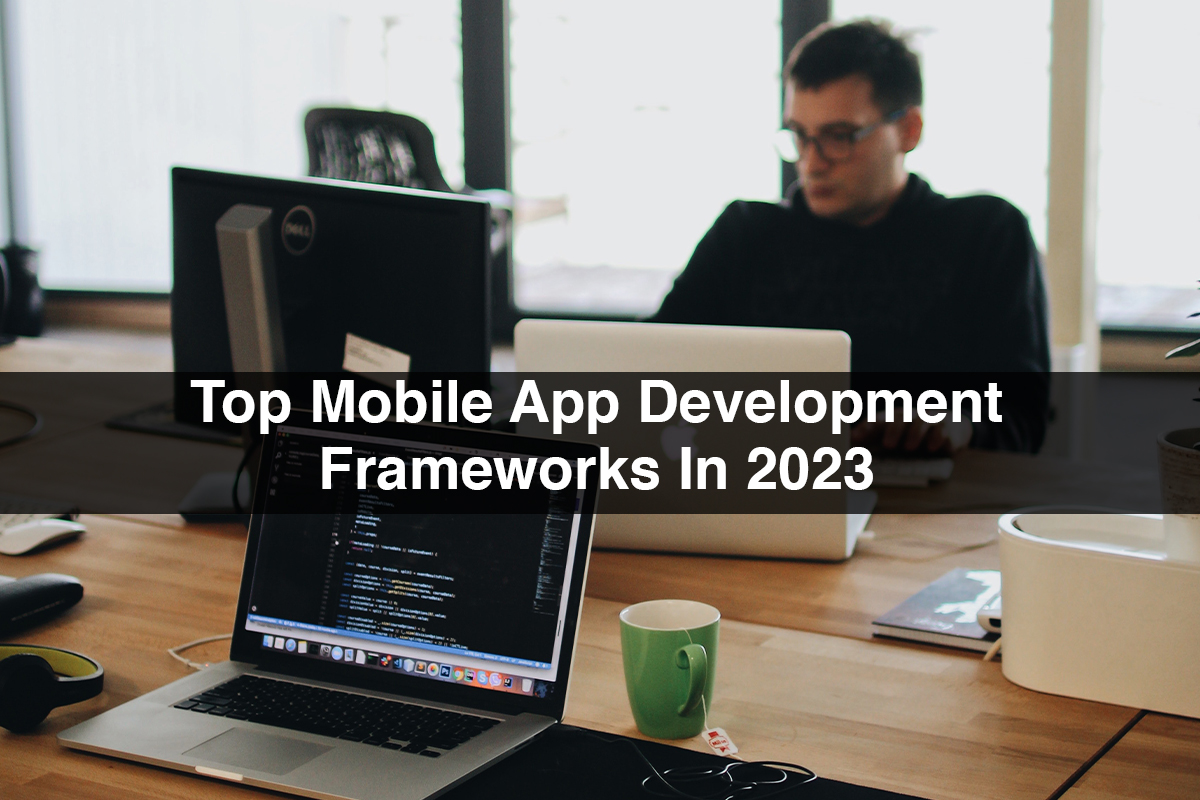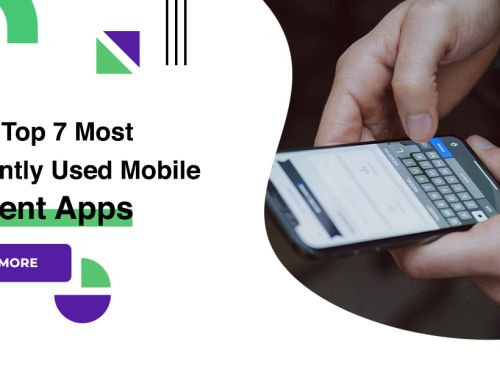Top Mobile App Development Frameworks In 2023
The mobile market does not necessarily translate into success for a business. To succeed in a highly competitive mobile marketplace, it takes in-depth research, strategy building, extensive planning, and assessing the current mobile ecosystem for enterprises with either an existing mobile app or those planning to build a new mobile application. The diversity of devices and platforms makes maximum user penetration challenging with native apps.
Mobile app development frameworks
Flutter
Flutter is Google’s open-source framework for developing native Android and iOS apps using a single codebase. It is a revolutionary SDK for cross-platform app development that stands out as it uses a unique approach for delivering apps with a native-like look and feel. It is an unmatched and highly reliable mobile UI framework for creating stunning apps quickly by speeding up the development process. Flutter is a complete framework that includes widgets, a rendering engine, testing and integrating APIs and tools to help developers build and deploy aesthetically pleasing mobile apps.

React native
Developed and maintained by Facebook, React Native is an open-source, cross-platform app development framework that has become the developers’ top choice in a short span of time. React Native helps develop Android and iOS mobile apps seamlessly. Faster development and deployment are the primary reasons behind the universal popularity of React Native.
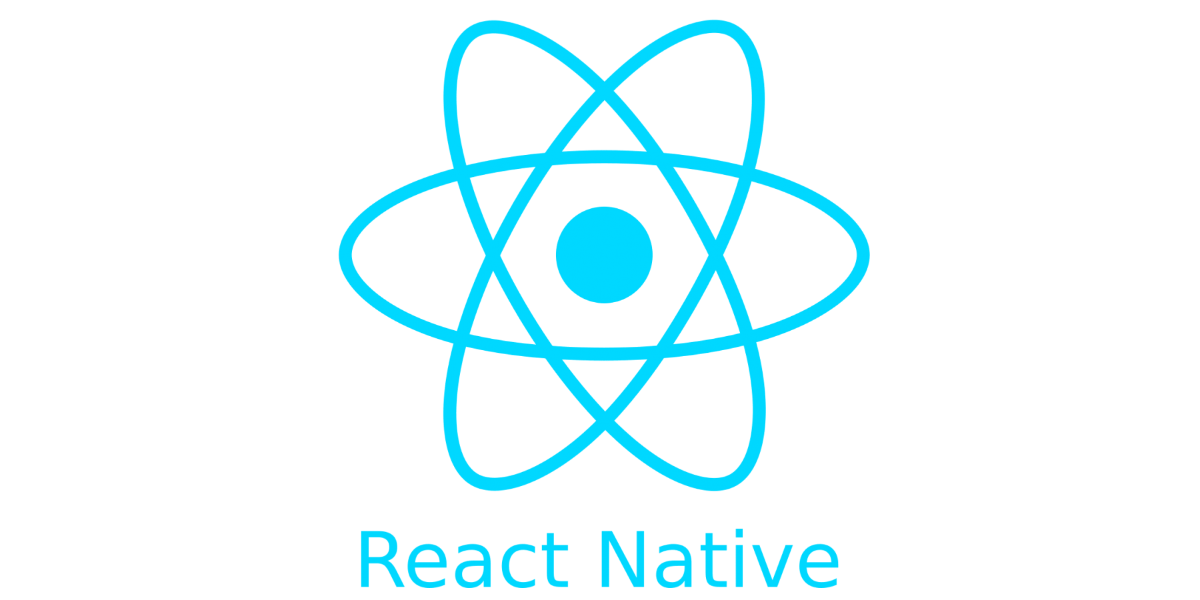
Ionic
Ionic is an open-source framework built with Apache Cordova and Angular, allowing the developers to build Android and iOS apps for seamless mobile performance. The framework helps the developers build robust and feature-rich native applications. Ionis’s most significant advantage is that it allows the developers to use several UI elements such as filters, forms, views, navigation menus, and actions sheets in the application design.
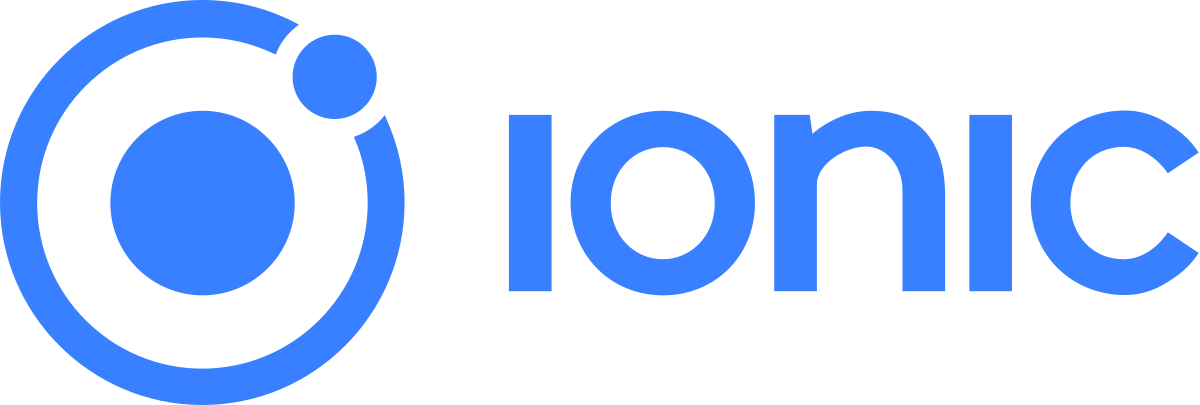
Native script
This open-source framework is preferred in order to reduce the time and code of the app loads. This framework is adept in creating mobile apps that are Typescript, CSS, Vue.js, JavaScript and Angular enabled. Some of the main reasons why leading companies prefer Native Scripts because it has features like appropriate backend support, business support, complete access to iOS APIs and Android, cross platform application and native user-interface without web-views and so on.
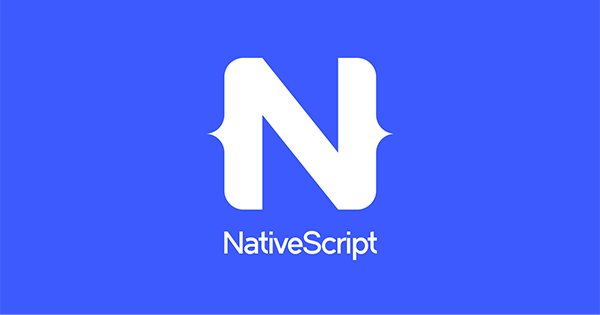
Framework7
Framework7 is an open-source framework that is very easy to learn and use. It allows the developers to build Android, iOS, and desktop apps with a native-like look and feel using popular web technologies such as HTML5, JavaScript, and CSS3. React, and Svelte. Another attractive feature of Framework7 is its stunning UI elements, including features such as action sheet, list view, popup, side panels, layout grid, and more.
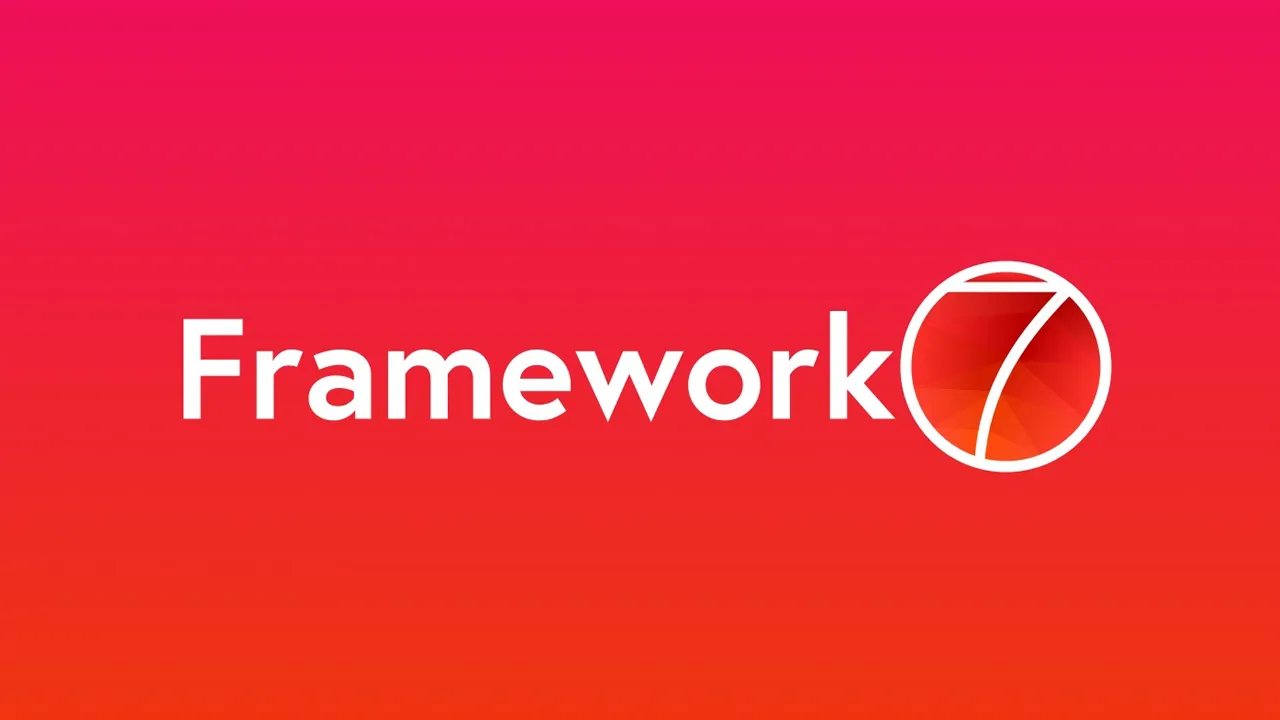
jQuery mobile
jQuery Mobile is a hybrid mobile app development framework that helps build platform-independent apps. The framework uses JavaScript library and HTML for building responsive websites that work on various devices such as smartphones, tablets, and desktops.

Conclusion
Our subject matter experts have chosen the above-discussed mobile app development frameworks after much deliberation. As we move ahead into 2023, newer frameworks will disrupt the industry.
